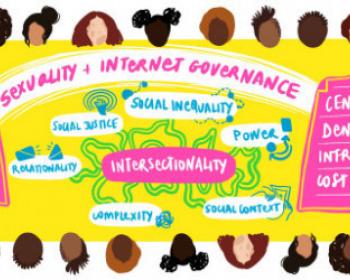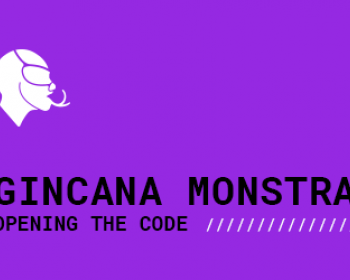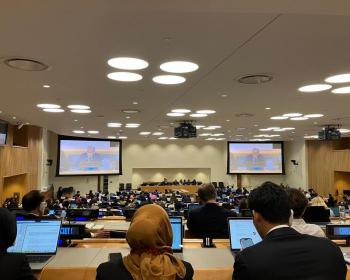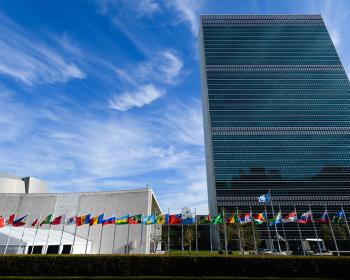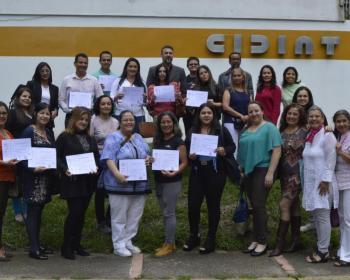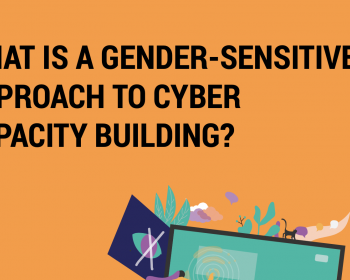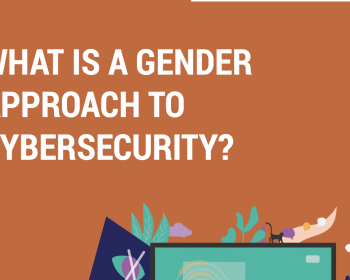Human rights
This manual is particularly designed to encourage participants to examine issues of power, control and relationships, and to think of strategies to advance sexuality rights in the political space of internet governance.
This module presents a step-by-step approach to creating a Gincana, an online learning process aimed at defenders with an interest in multiplying knowledge within their collectives and communities.
There is a digital crisis in Venezuela combining a lack of infrastructure with surveillance and severe control of information online. Amidst the siege, civil society is mounting a resistance to keep the digital realm and information flow free and alive.
This edition focuses on the human dimension of cybersecurity, asking how cybersecurity policies developed from the centres of political, economic and epistemological power affect those at the margins, and how we can think about cybersecurity from a feminist perspective.
Delivered by Verónica Ferrari, APC Global Policy Advocacy Coordinator Mr. Chair, Distinguished delegates, APC welcomes the opportunity to engage in this session and provide comments on the draft report. As expressed in a joint civil society input, we welcome the reference to engaging stakeholders in a “systemic, sustained and substantive manner”. Such an inclusive approach ...
The input to the progress report of the UN Open-ended Working Group on developments in the field of ICT in the context of international security (OEWG) makes recommendations to ensure implementation of responsible state behaviour in cyberspace in a human-centric and rights-respecting manner.
APC is currently participating in the fifth substantive session of the UN Open-ended Working Group on developments in the field of ICT in the context of international security (OEWG), where it will continue to emphasise the need for a human rights-based approach to the work of the group.
With the support of an APC subgrant, Venezuelan member organisation EsLaRed developed a training platform to help foster the use of open technologies in teaching and learning processes, an area that has been little explored in the country until now.
A gender-sensitive approach to cyber capacity building understands and considers the gendered impacts and implications of cyber threats, and calls for specific steps to address the needs, priorities and capacities of women and people of diverse sexualities, gender expressions and identities.
A gender approach to cybersecurity is a perspective that seeks to rethink individual and collective responsibilities for the cybersecurity of individuals and groups, making cybersecurity responsive to the complex, differentiated and intersectional needs of people based on a wide range of factors.

Association for Progressive Communications (APC) 2022
Unless otherwise stated, content on the APC website is licensed under Creative Commons Attribution 4.0 International (CC BY 4.0)



